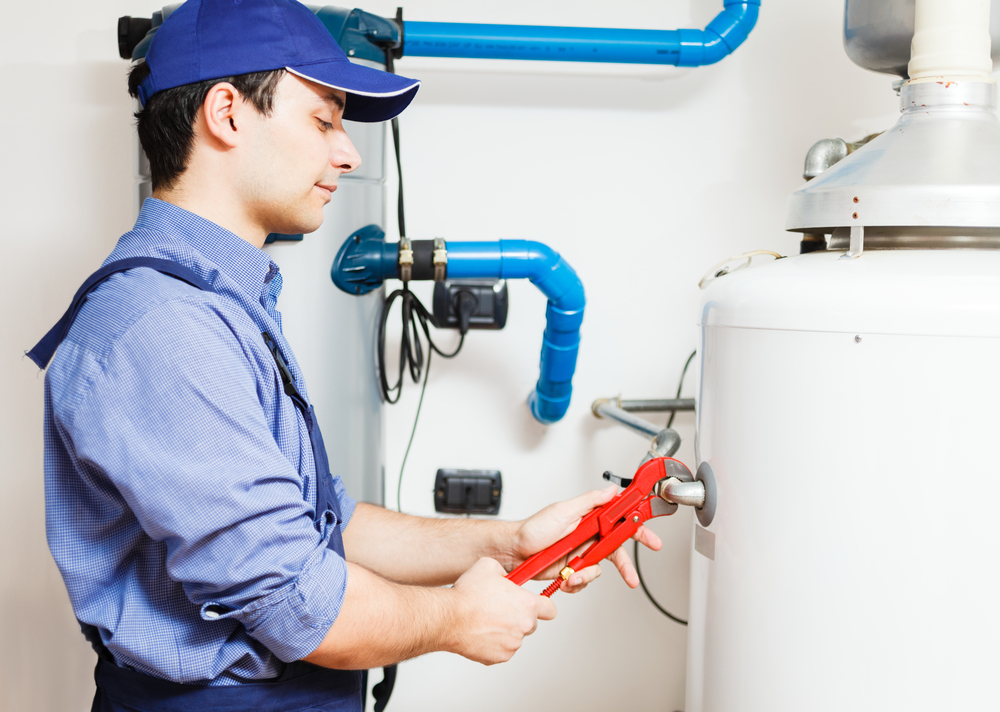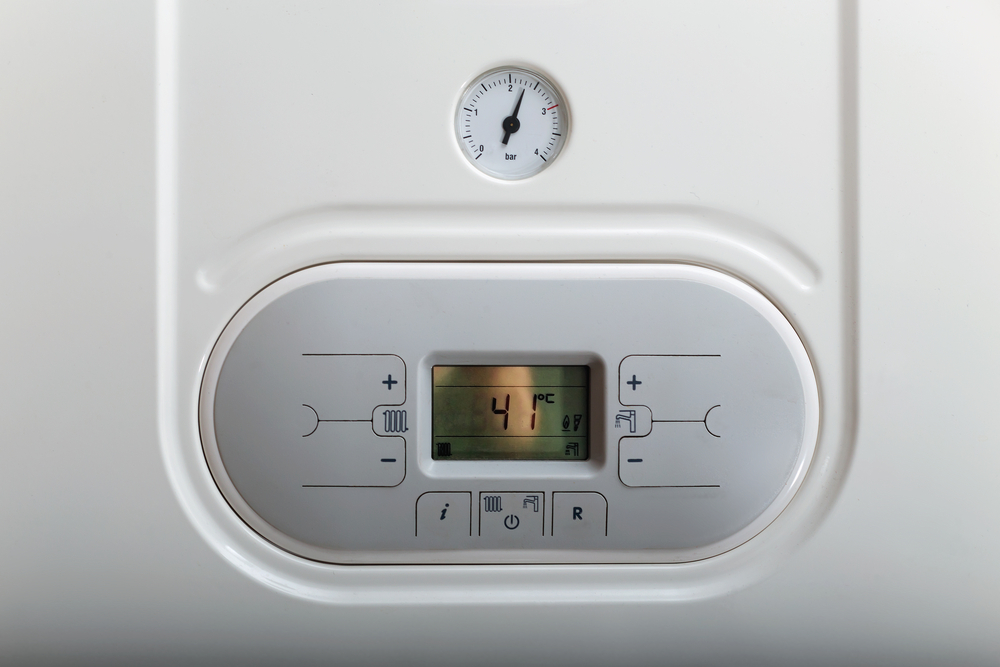Purchasing a new boiler is a major investment, and not one that you want to have to make again in the near future. After having a new boiler installed, it is crucial that you look after it properly and carry out regular maintenance to maximise performance and lifespan.
Do this, and you will enjoy efficient and reliable heat in your property for the next 10-15 years with little risk of expensive call outs for same day boiler repairs or replacement being required.
As one of the UK’s leading boiler repair and replacement companies, here is our guide to some of the best ways to look after your boiler in the years to come.
Get your boiler serviced every year

This is perhaps the most important piece of advice in this blog. Annual boiler repairs will keep your boiler in tip-top condition, help to identify and resolve any issues before they become serious, and ensure that your warranty remains valid.
A new boiler will usually come with a warranty somewhere in the region of 5-10 years, providing cover against expensive repairs in the event that something goes wrong. Almost all of these warranties will come with the stipulation that the boiler must be serviced every 12 months in order to keep it valid.
The reason for this is that boiler companies are well aware that the risk of a breakdown is dramatically increased when regular servicing is carried out. Boiler services should only ever be conducted by a trained and qualified Gas Safe Engineer who has the skills and training to identify issues and safely carry out investigation and repair work.
Bleed your radiators
Trapped air inside your radiators will prevent water from flowing and heat from spreading evenly. You should bleed your radiators as a matter of routine but if you notice that they are cold at the top and warm at the bottom, this is likely a sign that a bleed is required and should be carried out as soon as possible.
Bleeding radiators is a pretty simple task that simply involves turning the key into your bleed valve to release trapped pressurised air. You will normally hear a hissing sound when you do this as the air escapes and should put an old towel or cloth down to catch any escaping liquid.
Keep an eye on the colour of the boiler flame
Contrary to what you might think, the flame inside your boiler should not be orange or yellow like a wood burning fire, but should be a blue colour.
In fact, if it is not blue, this could be a sign of a carbon monoxide leak, a very serious concern, or there may be other issues with the internal workings of the boiler itself. Either way, it’s time to call a professional Gas Safe Engineer as soon as possible.
Watch out for leaks
You might imagine that it is only gas leaks that are a serious cause for concern coming from your boiler. You would be wrong. Whilst water leaks might not pose quite as severe a direct threat to human life as a carbon monoxide leak, they should still be resolved as soon as possible.
Leaking is often a sign of corroded pipes and much worse could be right around the corner if immediate action is not taken. Hidden leaks can also cause damp patches to appear and mould growth to follow shortly behind so the best thing to do is act quickly to avoid further damage being done.
Let your boiler breathe
One of the most common mistakes we see from boiler owners is storing possessions too close to their boiler in their cupboards. Boilers need sufficient ventilation to work safely and effectively so keep the nearby area free of clutter for the best results.
Use your boiler during the summer

During the summer months, the last thing that you can probably imagine doing is firing up your home heating system, but it is actually very important that you don’t leave your boiler sitting dormant for too long.
The longer that your boiler goes without being used, the higher the chance of blockages occurring and the lower the chances of a breakdown. Even if your boiler does have an issue when you fire it up during the summer, it is much better to find them now than in the winter when you would be left shivering whilst waiting for an emergency Gas Safe Engineer to arrive.
Keep your pipes insulated
During the winter, frozen pipes are a serious concern, especially if you are going away for a few days and won’t be using your boiler. Make sure to set your boiler to come on at regular times and insulate your pipes so that the risk of the fluid within falling below freezing is minimised.